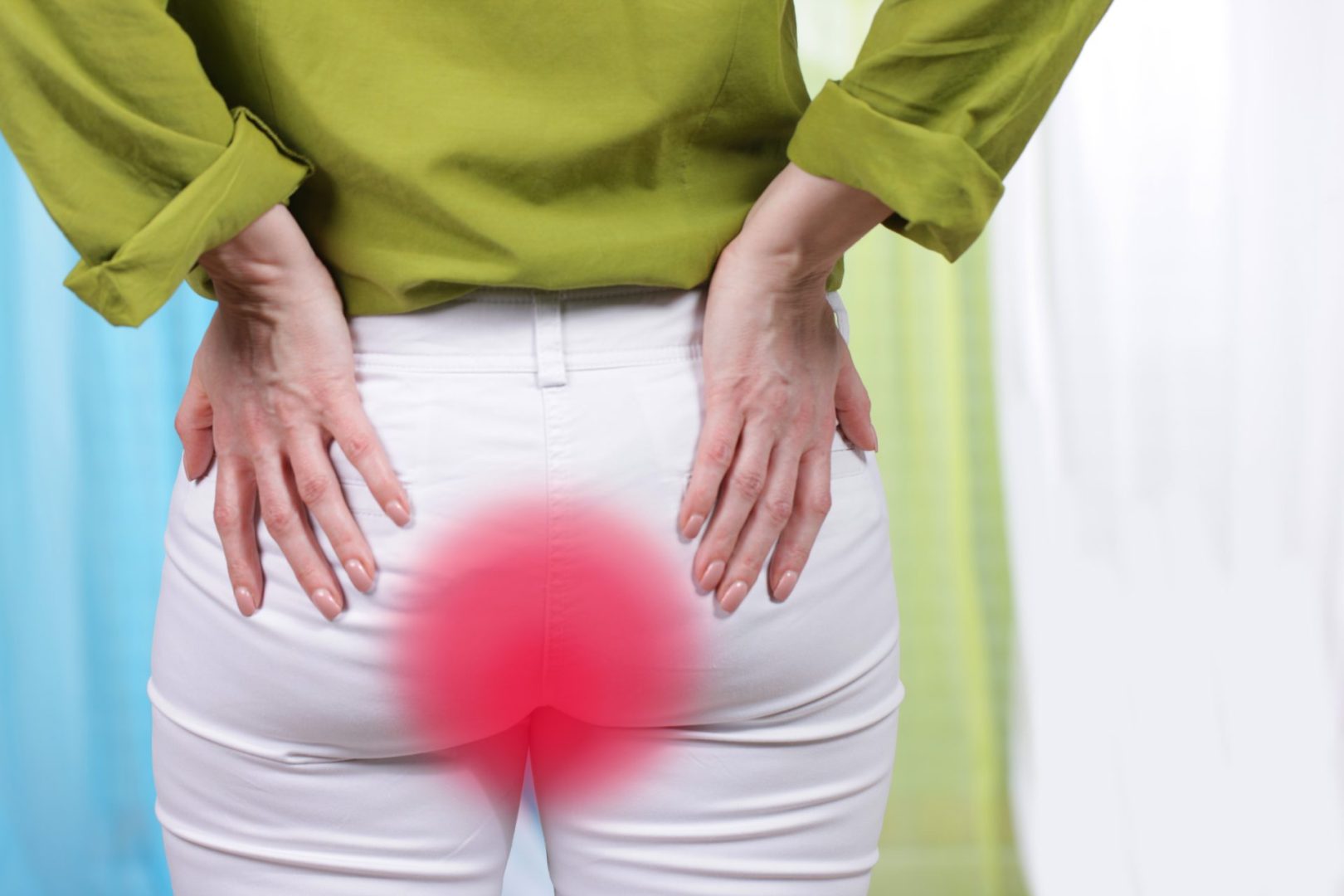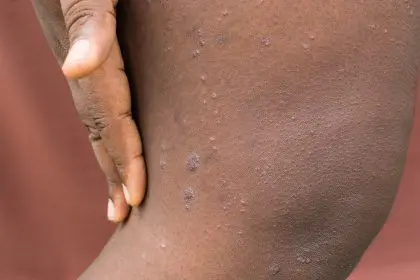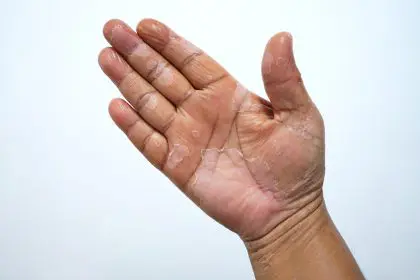Few health issues create as much discomfort and embarrassment as boils developing in private areas. These painful, pus-filled bumps can significantly impact your quality of life, affecting everything from your comfort during daily activities to your intimate relationships.
Despite how common these infections are, many people suffer in silence rather than seeking information or treatment. Understanding the causes, prevention strategies, and treatment options can make all the difference in managing this uncomfortable condition effectively.
What exactly happens when boils form
Boils, medically termed furuncles, develop as inflamed bumps around hair follicles or oil glands. They typically result from bacterial infection, most commonly Staphylococcus aureus, which enters through tiny breaks in the skin.
The infection process follows a predictable pattern. What begins as a tender, red lump eventually fills with pus as your body fights the infection. This creates increasing pressure beneath the skin, resulting in the characteristic pain and swelling most people associate with boils.
Private areas prove especially vulnerable to these infections due to their naturally moist environment, sensitive skin, and friction from clothing. These factors create ideal conditions for bacteria to thrive and infections to develop.
Why private areas become vulnerable targets
Several unique factors make intimate areas particularly susceptible to boil formation. The warm, moist environment naturally present in these regions creates ideal conditions for bacterial growth. The thin, sensitive skin found in private areas also breaks more easily, providing entry points for infection.
Daily activities create additional risk factors. The friction from clothing, combined with sweating, can irritate the skin and hair follicles. Personal grooming practices like shaving or waxing sometimes cause hair to grow inward rather than outward, creating ingrown hairs that easily become infected.
Tight or non-breathable clothing exacerbates these issues by increasing friction and trapping moisture against the skin. Synthetic fabrics that don’t allow proper air circulation create an environment where bacteria multiply rapidly, increasing infection risk.
Health conditions that increase your risk
Your overall health plays a significant role in determining vulnerability to boils. Weakened immune systems struggle to fight off the bacteria that cause these infections. Conditions like diabetes substantially increase risk because elevated blood sugar levels create an environment where bacteria thrive.
Other immune-compromising illnesses make boils both more frequent and potentially more severe. Certain skin conditions, including eczema or acne, may increase susceptibility by compromising the skin’s natural protective barriers.
Poor nutrition and inadequate hydration impair your skin’s ability to fight infections effectively. Essential nutrients and proper hydration play crucial roles in maintaining healthy skin that can resist bacterial invasion and heal quickly when minor infections do occur.
Recognizing when home care isn’t enough
While many boils resolve independently with proper care, certain symptoms warrant prompt medical attention. Boils that grow increasingly large, become extremely painful, or fail to show improvement within two weeks should be evaluated by a healthcare professional.
More urgent warning signs include fever, chills, or red streaks radiating from the boil. These symptoms may indicate that the infection has spread beyond the initial site and requires immediate medical intervention to prevent serious complications.
Recurrent boils might signal underlying health conditions that need addressing. Regular occurrences should prompt consultation with healthcare providers to identify and address potential contributing factors like undiagnosed diabetes or immune system issues.
Effective home management strategies
When boils first develop, several home care approaches can provide relief and support healing. Applying warm compresses several times daily helps reduce pain while encouraging natural drainage. The heat increases blood circulation to the area, helping your body fight the infection more effectively.
Over-the-counter antiseptic treatments can help prevent the infection from spreading to surrounding skin. When selecting products for sensitive areas, avoid harsh chemicals that might cause additional irritation. Gentle, fragrance-free options work best for delicate skin.
Perhaps the most important advice is what not to do. Resist the urge to squeeze or pop boils, as this can worsen the infection or cause it to spread. This temptation proves particularly strong when boils cause significant discomfort, but patience with proper care typically yields better results than manual intervention.
Prevention approaches that actually work
Preventing boils begins with consistent hygiene practices tailored to your body’s needs. Regular washing with mild, fragrance-free cleansers helps reduce bacterial buildup without irritating sensitive skin. After cleansing, thoroughly dry the area, as excess moisture contributes to bacterial growth.
Clothing choices significantly impact prevention success. Choose loose-fitting, breathable fabrics like cotton to minimize friction and allow proper air circulation. This becomes especially important during exercise or hot weather when sweating increases.
When shaving proves necessary, use clean razors and proper techniques to minimize skin irritation. Consider alternative hair removal methods if shaving consistently causes problems. Some dermatologists recommend exfoliating regularly to prevent ingrown hairs that often lead to boils.
When professional treatment becomes necessary
While most boils respond well to home care, certain situations require medical intervention. Healthcare providers may prescribe oral or topical antibiotics to address infection that has become widespread or particularly severe. These medications target the specific bacteria causing the problem.
For larger or persistent boils, minor procedures to drain the accumulated pus may become necessary. This professional drainage relieves pressure and pain while allowing the area to heal properly. Medical professionals perform these procedures with proper sterilization techniques, minimizing the risk of spreading infection.
The timing of seeking professional help matters significantly. Waiting too long can allow infections to worsen or spread, while early intervention often results in faster healing and less discomfort. Trust your instincts about when a boil seems beyond home treatment capabilities.
Supporting your body’s natural defenses
Your overall health directly impacts your susceptibility to skin infections like boils. Maintaining proper hydration supports all aspects of skin health, including its ability to resist and recover from infection. Similarly, a nutrient-rich diet provides the building blocks your body needs for effective immune function.
Managing underlying health conditions through appropriate medical care helps reduce boil occurrence and severity. This becomes particularly important for people with diabetes, where controlling blood sugar levels significantly impacts vulnerability to skin infections.
Stress management deserves attention as well, as chronic stress can suppress immune function. Finding effective ways to manage life’s pressures supports your body’s natural ability to prevent and fight infections of all types, including boils.
Creating a comprehensive prevention plan
The most effective approach to managing boils combines multiple prevention strategies. Start by identifying your personal triggers and risk factors. This might include certain clothing, specific activities that cause excessive sweating, or particular hygiene products that irritate your skin.
Develop consistent routines that support skin health in vulnerable areas. This includes appropriate cleansing, wearing suitable clothing, and addressing any activities that seem to precede boil formation. Prevention routines should feel sustainable rather than burdensome.
For people with recurrent problems, working with healthcare providers to develop personalized prevention plans often proves most effective. These might include prophylactic treatments, specific hygiene protocols, or management strategies for underlying health conditions.
Living comfortably despite occasional flare-ups
Even with excellent prevention, occasional boils may still develop. Learning to manage these episodes effectively minimizes their impact on your quality of life. Having supplies ready for home treatment means you can respond quickly when symptoms first appear.
Maintaining perspective helps manage the emotional impact of boils in private areas. Remember that these infections are extremely common and typically respond well to proper care. The temporary discomfort, while significant, usually resolves completely with appropriate treatment.
Most importantly, don’t let embarrassment prevent you from seeking help when needed. Healthcare professionals routinely treat these conditions and can offer significant relief when home care proves insufficient. With proper understanding and care, most people successfully manage this uncomfortable but treatable condition.

















